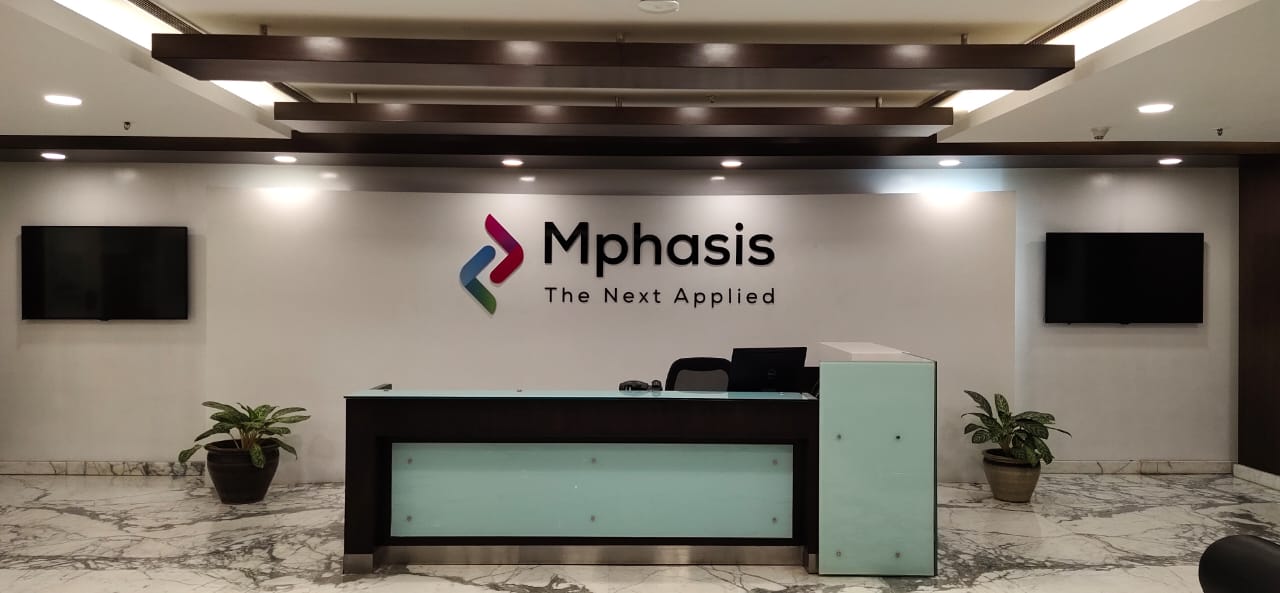Mphasis launches unified AI platform for enterprise transformation
Mphasis announced the launch of a new unified Artificial
Intelligence (AI) platform designed to enable continuous enterprise
transformation, moving away from traditional one-time modernisation programs.
The new platform, called NeoIP, integrates multiple Mphasis.ai
solutions into a single ecosystem, combining data, systems, and processes into
what the company describes as a “living, breathing layer” of enterprise
intelligence. NeoIP aims to help organisations continuously evolve by embedding
AI at the core of business and IT operations, automating decision-making,
predicting and preventing system issues, and driving sustained innovation.
“Traditional enterprise transformation often fails to
deliver long-term value and requires ongoing reinvestment to keep pace with
AI’s rapid evolution,” said Nitin Rakesh, Chief Executive Officer and Managing
Director, Mphasis. “NeoIP redefines the model by unifying Mphasis-built AI
solutions, partner technologies, and client assets into a single,
intelligent-by-design platform that is secure by default and scalable by
nature.”
The new solution features an intelligent layer - Ontosphere
- that collaborates with AI agents to build and sustain dynamic knowledge
graphs tailored to enterprise domain contexts. This enables real-time
contextual insights, autonomous actions, and intelligent orchestration of
enterprise processes.
NeoIP’s capabilities span four key areas—Modernisation,
Application Development, ITOps, and BusinessOps—delivered through specialised
AI agents and frameworks. The platform also connects seamlessly with
third-party AI agents through Model Context Protocol (MCP) and Agent2Agent
(A2A) standards, allowing for unified, cross-enterprise orchestration.
Early client engagements have shown strong results,
including up to 60% improvement in development and modernisation efficiency, a
50% reduction in mean time to detect and resolve IT incidents and 3–5 hours of
predictive early warning for major outages using AI-based anomaly detection.





























Leave A Comment